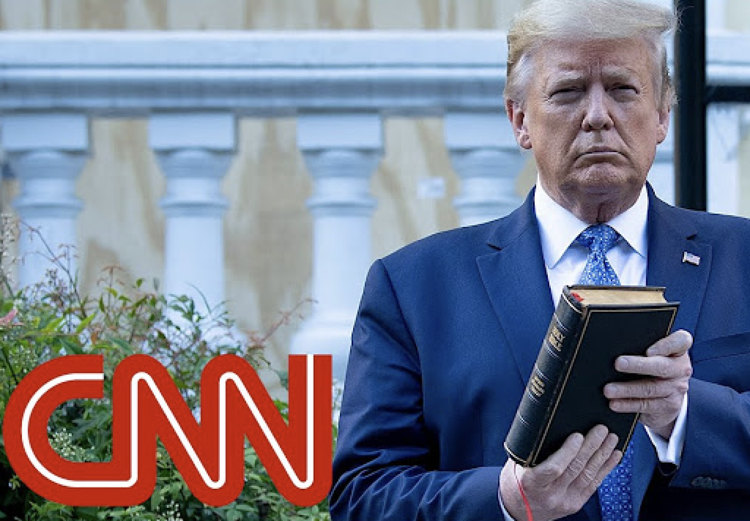In August 1991, I visited Ukraine, then still a captive state within the Union of Soviet Socialists Republics. The USSR was on its last legs and western media pundits, academic experts and gloating politicians predicted its full collapse at any moment.
History was about to explode in risky and unpredictable ways. But that wasn’t my prime concern. I didn’t go there to cover a political revolution.
Rather, I was in Ukraine for two weeks to write about the historic Jewish community of Odessa, the Black Sea port city that was once one of the Russian empire’s Crown Jewels. Sadly, as I write, Odessa faces what’s likely to be a large-scale Russian military assault. Just don’t call it a war in the streets of Moscow.
My employer back then was the Baltimore Jewish Times. The paper sent me to Ukraine because Baltimore and Odessa were “sister cities.” (Meaning the Baltimore Jewish community committed itself to financially assisting Odessa’s then-largely poverty stricken Jews and to rebuilding Jewish community institutions largely destroyed under, first, the Nazis, and then the Soviet. To this day, Baltimore has maintained its commitment.)
The first story I wrote for the Jewish Times ran under the headline, “An Uncertain Future for the Jews of Odessa.” The headline (sorry, but I can’t find a working link to this story) reflected the situation as I experienced it.
One might say that it was also prescient, given the horrific situation there today. The current Russian invasion has reduced “uncertain” to a sad understatement.
My guess is most GetReligion readers have followed the Ukraine crisis closely. If so, I assume you’ve also noted the slew of sidebars about Ukraine’s Jewish population.
Why emphasize this angle when the Ukraine story has so many larger implications? Some historical background will help.
Prior to the start of the current civilian refugee exodus, Ukrainian Jews numbered an estimated 100,000-200,000 individuals, down from nearly a half-million in 1989. That’s quite a spread. But even if the actual number is at the estimate’s low end it still means Ukraine has one of the five largest Jewish communities in Europe.










